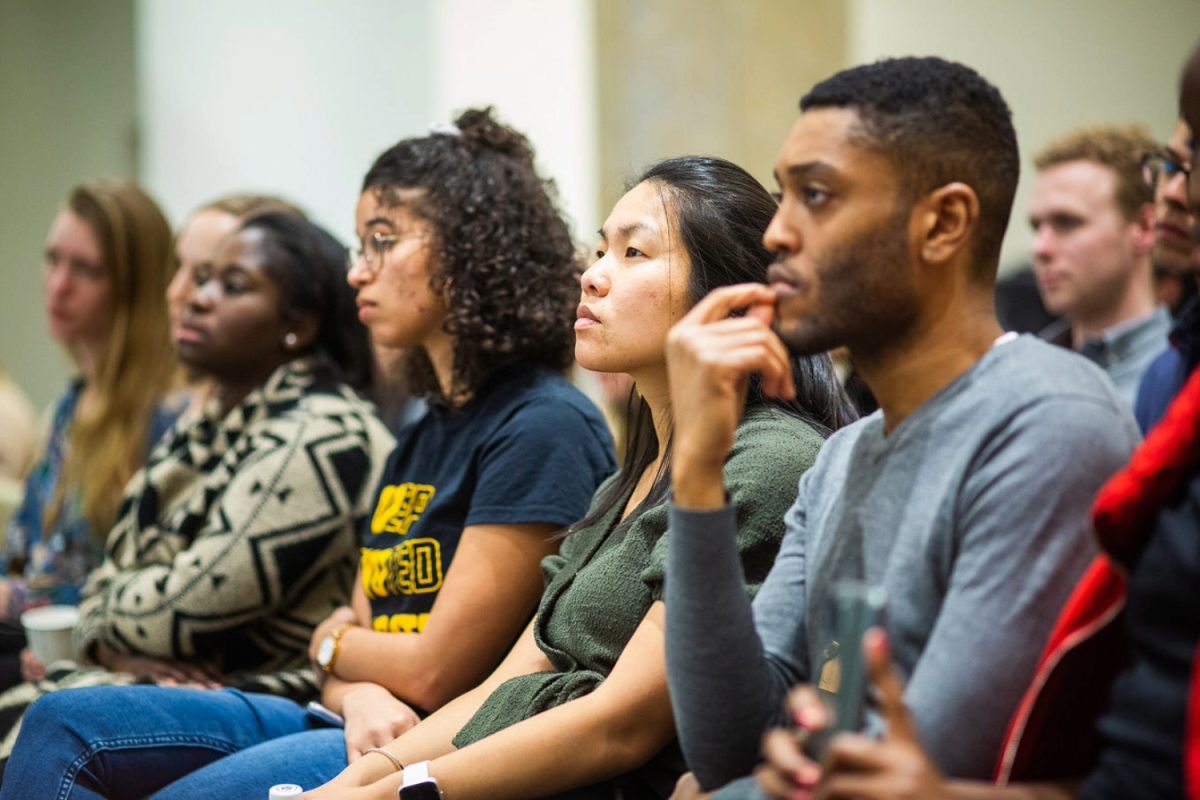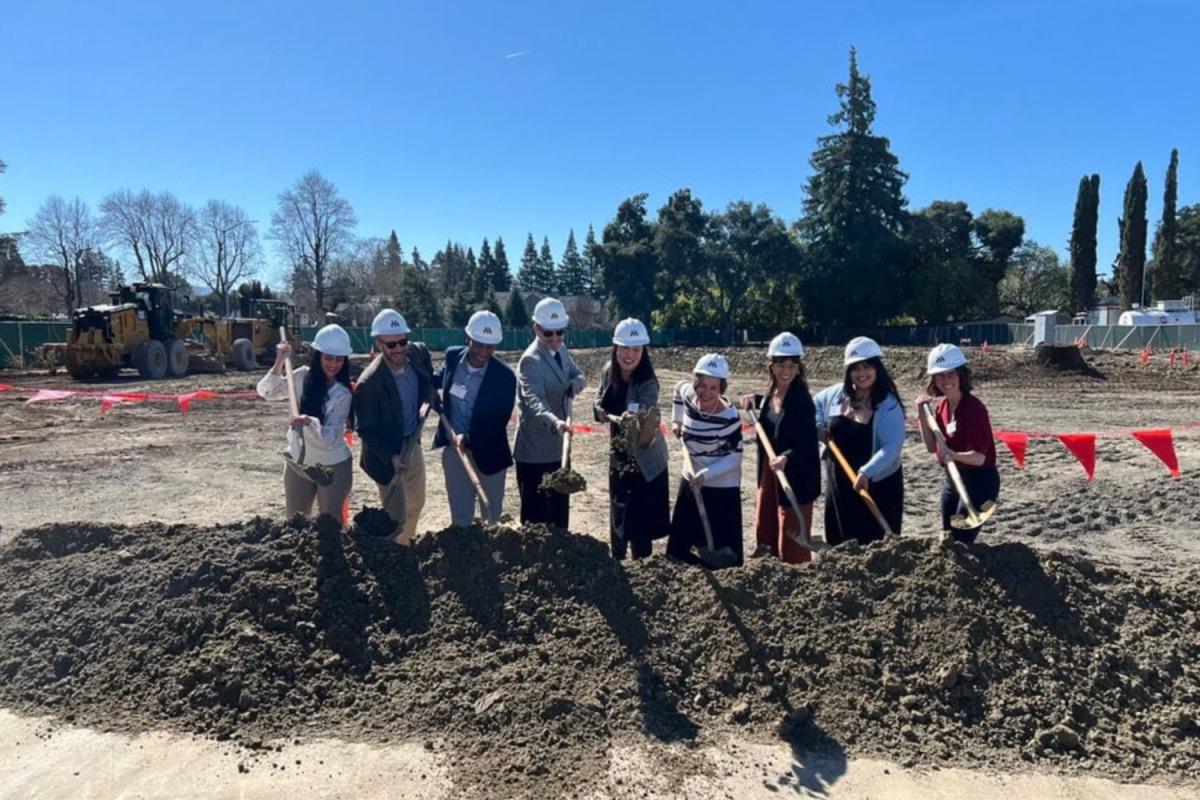A new study conducted by the College Futures Foundation highlights the economic impact and returns for higher education and the need to ensure the continuous improvement of economic aid for students.
The study reveals that 99% of California public college institutions can recoup students’ economic costs within five years, while only 77% of non-profit and 48% of for-profit private institutions do the same.
Ensuring students can relieve debt and pay off tuition is essential for colleges. If student debt adds up, interest rates will increase the debt, forcing students to pay off large sums of money for a long time.
“The long-term impact can be quite significant, halting socio-economic mobility for low and moderate-income students and their families. Instead of enjoying a well-paying job, students will be forced to pay large portions to pay off their debt for numerous years, which can easily become a financial burden,” said Alex Kim, a sophomore at Carlmont High School.
As a result, financial literacy among the youth is critical. Knowing the basics of how to finance as a student and maintaining sound financial habits is an important skill to obtain.
“The concept of loans, interest, and everything related to financing is intensely important, and you need to know it at an earlier age. It should be a structured course in high school,” said James Bohac, a Carlmont physics teacher.
According to the study, California invests around $20 billion yearly in higher education to combat student debt and economic burdens, provide more economic opportunities, and provide a greater return on investment for students and taxpayers.
“Colleges should highly support all their students through sharing job opportunities, guiding students through application processes, high-quality education, high-quality facilities and student resources, and a positive, supportive overall environment,” Kim said.
College can teach students essential skills needed for the workplace. According to the Pew Research Center, around 80% of students find college extremely useful in growing personally and intellectually, 70% say college helps create more job opportunities, and 65% of students agree that it helps with skills and knowledge in a work environment.
“If you have a degree, you have the opportunity for more jobs. Having higher education gives you opportunities and access to jobs that pay better than if you don’t have a college education,” Bohac said.
However, success after higher education also depends not only on the institution students attend but also on their willingness to continue to learn and grow as a thinker.
“After you have an education, it’s also about whether or not you want to put in the work and whether or not you want to learn and progress throughout society. It’s all about how much work you want to put in and how much time and dedication you want to spend into advancing yourself,” said Arthur Bernadi, a sophomore at Carlmont High School.












